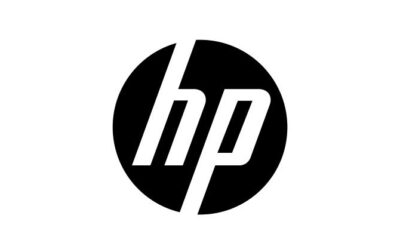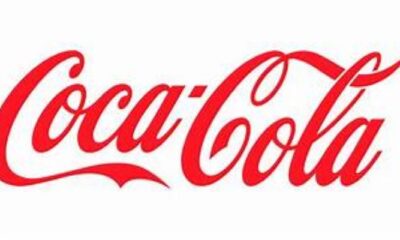Travel
Boeing Sets F/A-18 Production Completion Date as Defense Business Pivots to Future Work
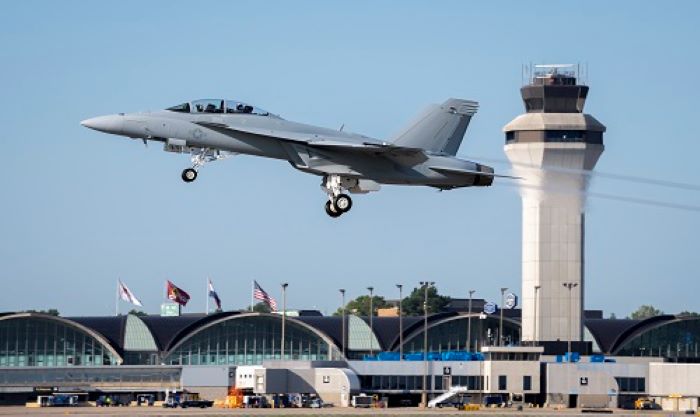
– Defense, Space & Security plans St. Louis workforce growth supporting new and next-generation military aircraft programs and services
– F/A-18 Service Life Modification will continue through the mid-2030s; advanced capabilities development and upgrades for global fleet continuing for decades
Boeing [NYSE: BA] expects to complete new-build production of the F/A-18 Super Hornet fighter aircraft in late 2025 following delivery of the final U.S. Navy fighters. Production could be extended to 2027 if the Super Hornet is selected by an international customer.
To meet demand for defense products and services, Boeing plans to continue hiring year-over-year for the next five at its St. Louis site. More than 900 people were hired in the region last year.
“We are planning for our future, and building fighter aircraft is in our DNA,” said Steve Nordlund, Boeing Air Dominance vice president and St. Louis site leader. “As we invest in and develop the next era of capability, we are applying the same innovation and expertise that made the F/A-18 a workhorse for the U.S. Navy and air forces around the world for nearly 40 years.”
The F/A-18 production decision allows Boeing to:
- Redirect resources to future military aircraft programs: To support work on the next generation of advanced crewed and uncrewed aircraft, Boeing plans to build three new, state-of-the-art facilities in St. Louis. These facilities, as well as the new Advanced Composite Fabrication Center in Arizona, and the new MQ-25 production facility at MidAmerica St. Louis Airport, represent more than a $1 billion investment.
- Boeing has invested $700 million into St. Louis infrastructure upgrades during the past decade, enabling the introduction of new design and build techniques streamlining processes and improving first-time quality.
- Ramp up production of critical new defense programs: Boeing St. Louis will increase production of the world’s first all-digital training system, the T-7A Red Hawk, and the world’s first carrier-deployed autonomous refueling aircraft, the MQ-25 Stingray, along with ongoing production of new F-15EX Eagle IIs and 777X wing components.
- Focus on modernization and upgrade efforts: Boeing will continue to develop advanced capabilities and upgrades for the global F/A-18 Super Hornet and EA-18G Growler fleet. Throughout the next decade, all Block II Super Hornets in Service Life Modification will receive the Block III capability suite. Boeing will also continue to add advanced electronic attack capability as part of ongoing Growler modifications.
Since the F/A-18 debuted in 1983, Boeing has delivered more than 2,000 Hornets, Super Hornets and EA-18G Growlers to customers around the world including the U.S. Navy, Australia, Canada, Finland, Kuwait, Malaysia, Spain and Switzerland.
As a leading global aerospace company, Boeing develops, manufactures and services commercial airplanes, defense products and space systems for customers in more than 150 countries. As a top U.S. exporter, the company leverages the talents of a global supplier base to advance economic opportunity, sustainability and community impact. Boeing’s diverse team is committed to innovating for the future, leading with sustainability, and cultivating a culture based on the company’s core values of safety, quality and integrity. Join our team and find your purpose at boeing.com/careers.
Source – Boeing
-
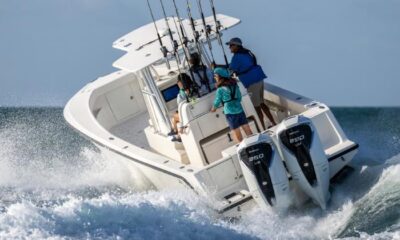
 Auto1 year ago
Auto1 year agoHonda Marine Debuts All-New BF350 Outboard Company’s First V8 Motor Available Commercially, Flagship Model Offers Premium Power and Unparalleled Performance for Extraordinary Boating Experiences
-

 Lifestyle1 year ago
Lifestyle1 year ago2023 Nike World Basketball Festival Brings the Best of Basketball Style, Culture and Community
-

 Auto1 year ago
Auto1 year agoNew Features Further Increase Desirability Of Bentayga Range
-

 Lifestyle1 year ago
Lifestyle1 year agoNike Debuts the ISPA Link Axis, an Exploration Into Circular Design
-
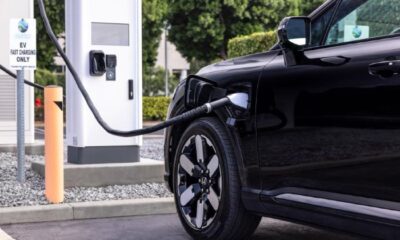
 Auto1 year ago
Auto1 year agoHonda and Acura Electric Vehicles Will Have Access to Largest EV Charging Networks in North America Aided by New Agreements with EVgo and Electrify America









